“People worldwide are unaware of the injustices occurring in Uganda, including the displacement of residents, unfair compensation, human rights violations, and the militarization of areas where oil extraction is taking place,” Ms. Kitisya said.
The Kenyan Laudato Si’ Movement official said she finds it regrettable that oil extracted in Uganda, transported through Tanzania to Europe, will eventually be shipped back to Africa at higher prices.
Ms. Kitisya stated that their #The StopEACOP campaign, which began in 2020, has been effective, leading some insurance companies, including Britam, to withdraw their backing.
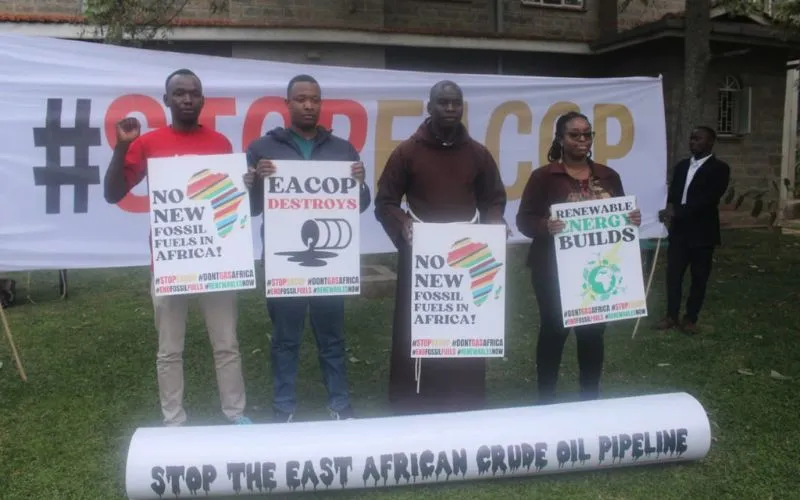 Credit: ACI Africa
Credit: ACI Africa
“We share the impact of the project such as the cultural effects caused by displacement with any company that tries to fund the project telling them to reconsider their decision,” she said.
(Story continues below)
Ms. Kitisya appealed, “I would like to urge the Chinese government that, just in the same way they have invested in renewable energy in their country, let them do the same in Africa.”
Bramwell Lubeho, a student at the Catholic University of Eastern Africa (CUEA), and a human rights activist said, “If we unite and advocate for the cessation of this project, it can be halted. Otherwise, if the evictions and land seizures continue, it will lead to chaos.”
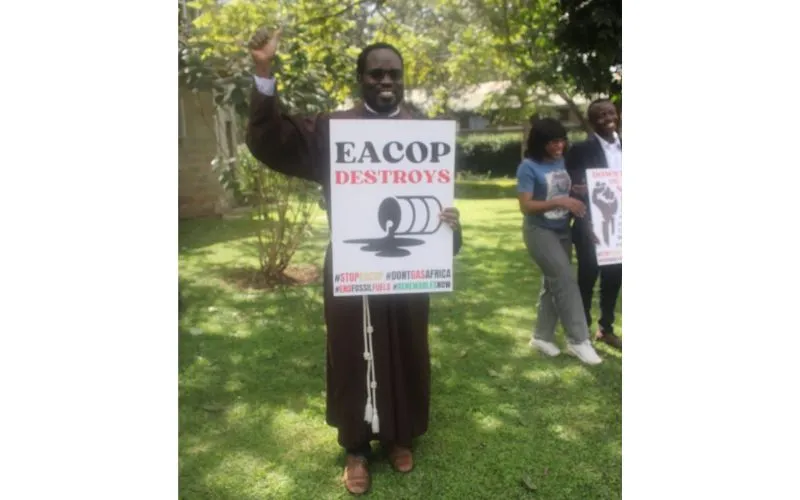 Credit: ACI Africa
Credit: ACI Africa
“I believe our campaign will make a change and stop the EACOP project and if we do not succeed, then there will be much loss and harm to humanity,” Mr. Lubeho said.
He added, “African governments need to unite and denounce the EACOP project with a clear explanation that it is not going to help our people because the advantages are more than the disadvantages.”
On her part, Gloria Munyiva Wambua, the chairperson of the Youth Network for Interreligious Brotherhood (YOUNIB) in Kenya, which is a partner of the Laudato Si’ Movement in the Stop EACOP campaign said that if the project goes on about 409 communities in Uganda alone will be negatively affected.
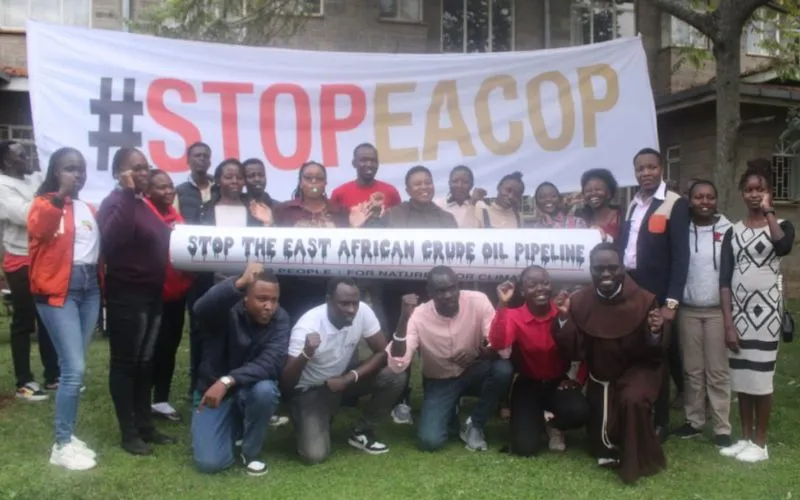 Credit: ACI Africa
Credit: ACI Africa
“The issue is the lack of a clear framework or structure outlining how those displaced will be compensated. We are also advocating for land ownership rights, as the forced eviction of people for the pipeline's passage infringes upon these rights,” Ms. Wambua said.
The project, she said, has more adverse effects than benefits with regard to the environment and that it will also lead to the displacement of wildlife along its route, which will negatively impact the tourism industry.
“Our campaign aims to halt the EACOP project and is not politically motivated despite some attempts to politicize it. It is fundamentally a human rights issue that we are advocating for, with no involvement in politics,” YOUNIB chairperson in Kenya told ACI Africa July 26.
Silas Mwale Isenjia is a Kenyan journalist with a great zeal and interest for Catholic Church related communication. He holds a Bachelor’s Degree in Linguistics, Media and Communication from Moi University in Kenya. Silas has vast experience in the Media production industry. He currently works as a Journalist for ACI Africa.
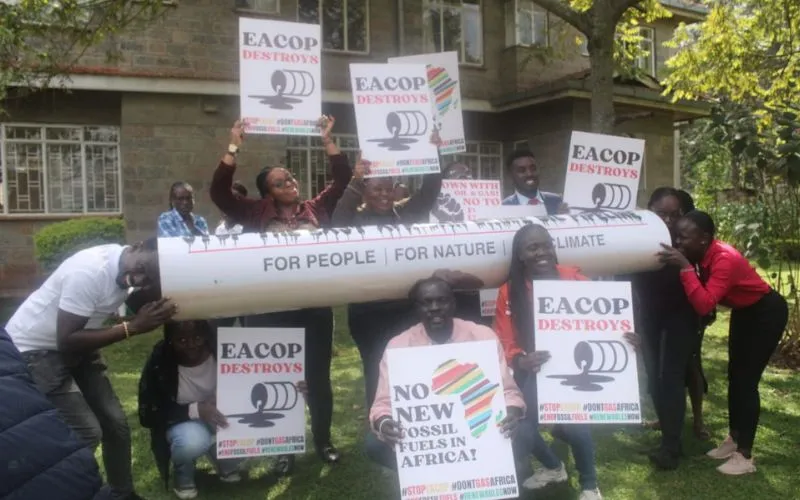 Credit: ACI Africa
Credit: ACI Africa


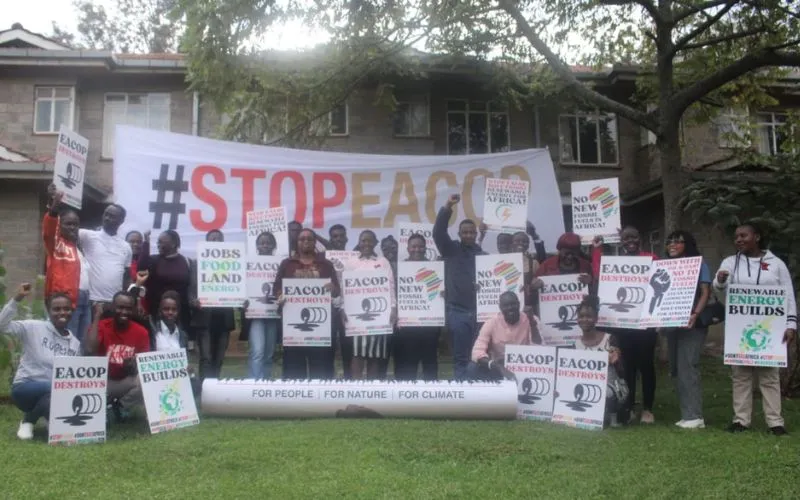
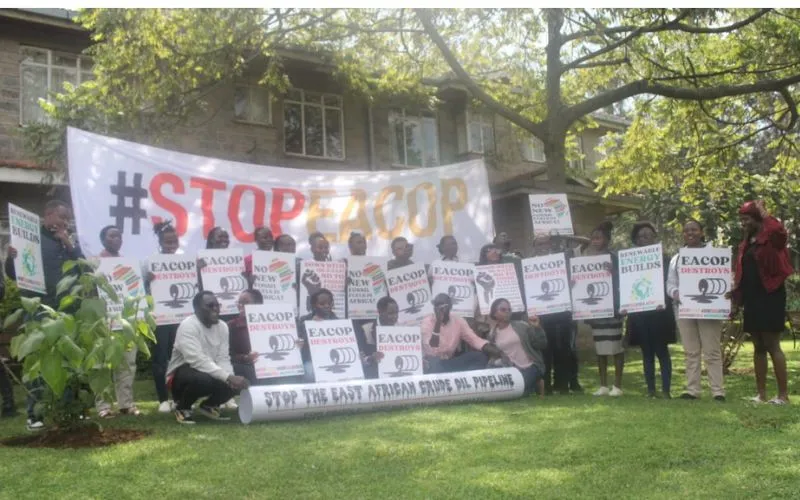 Credit: ACI Africa
Credit: ACI Africa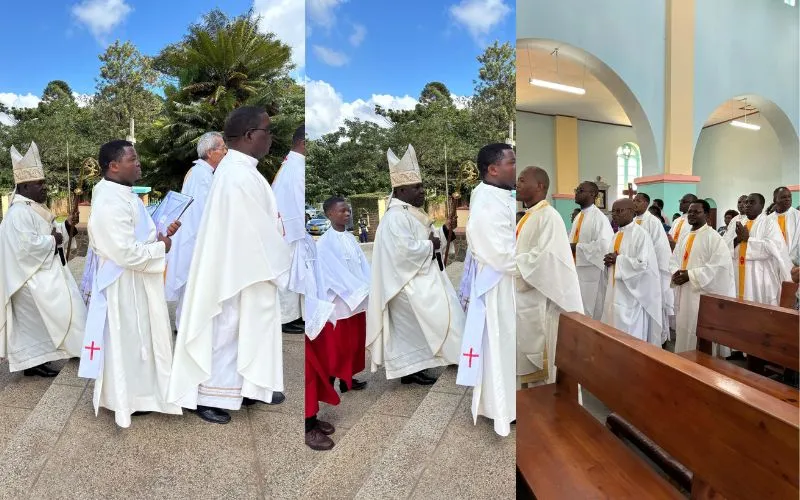
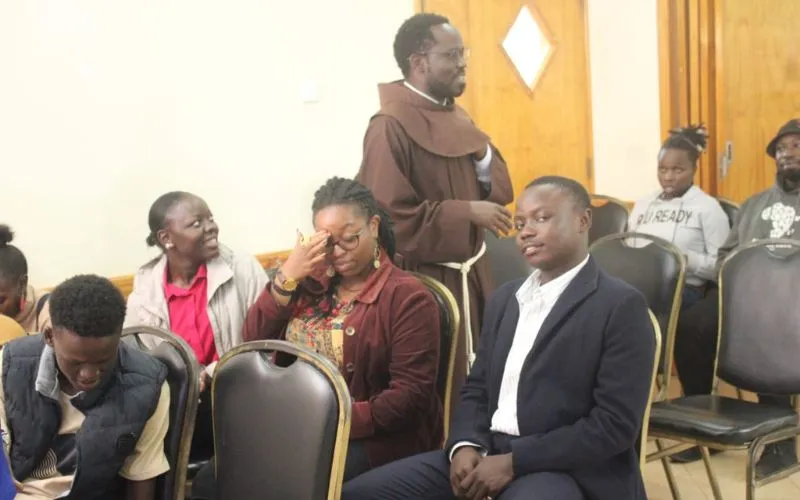 Credit: ACI Africa
Credit: ACI Africa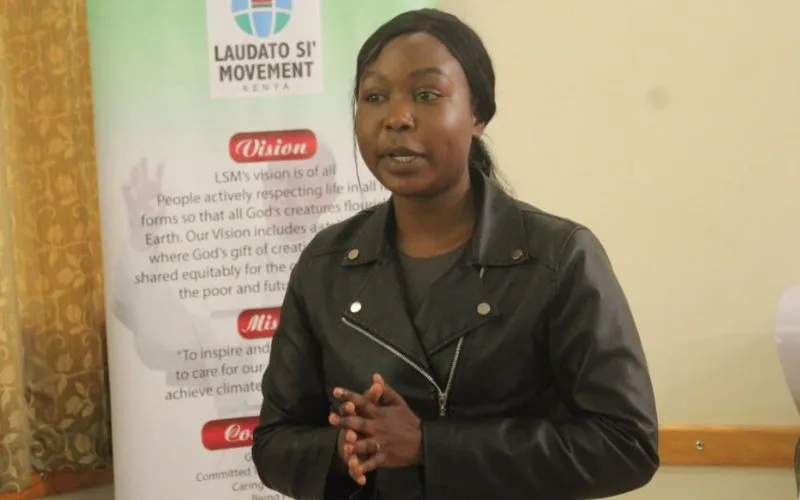 Ashley Kitisya. Credit: ACI Africa
Ashley Kitisya. Credit: ACI Africa Credit: ACI Africa
Credit: ACI Africa Credit: ACI Africa
Credit: ACI Africa Credit: ACI Africa
Credit: ACI Africa


